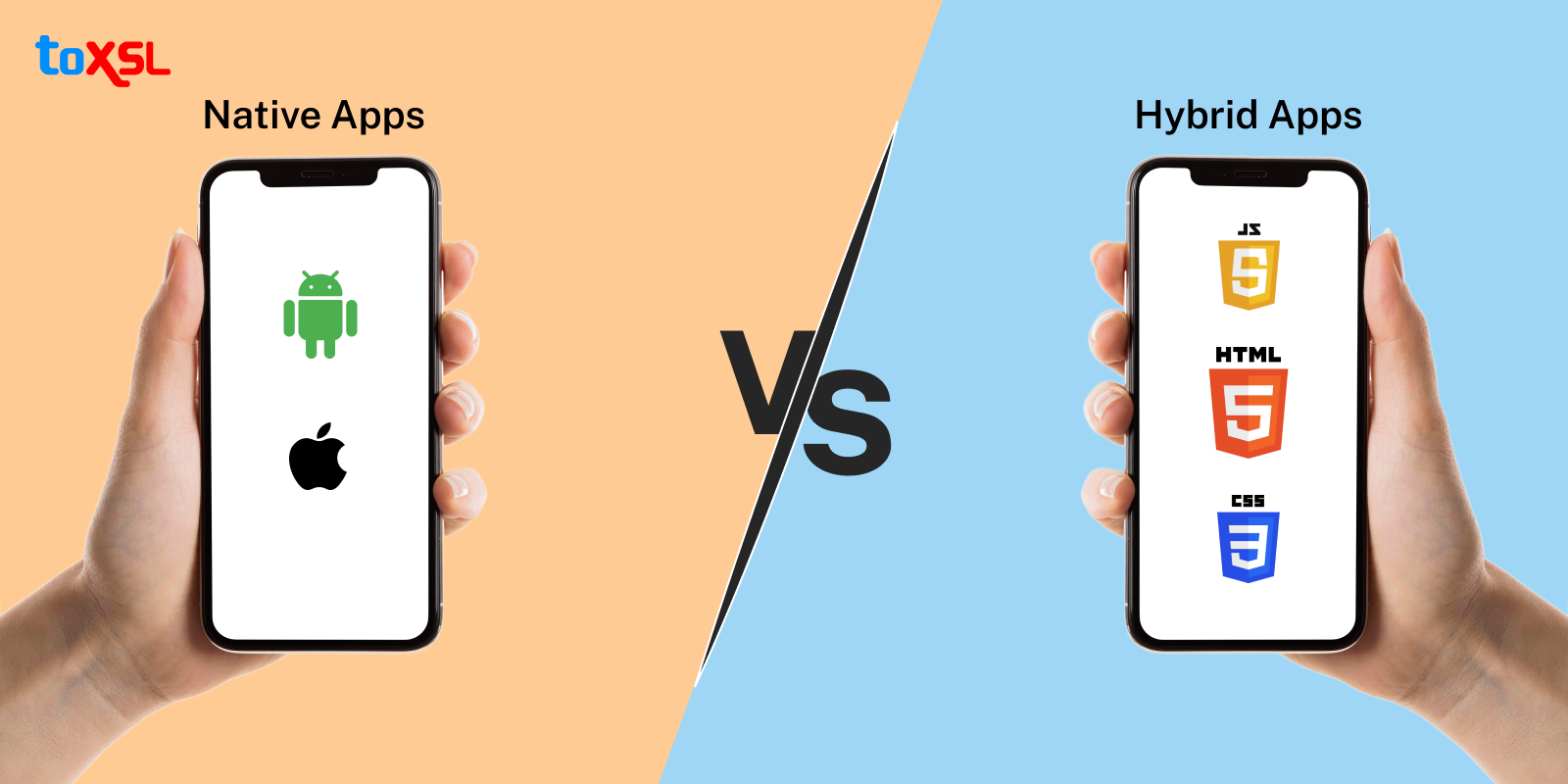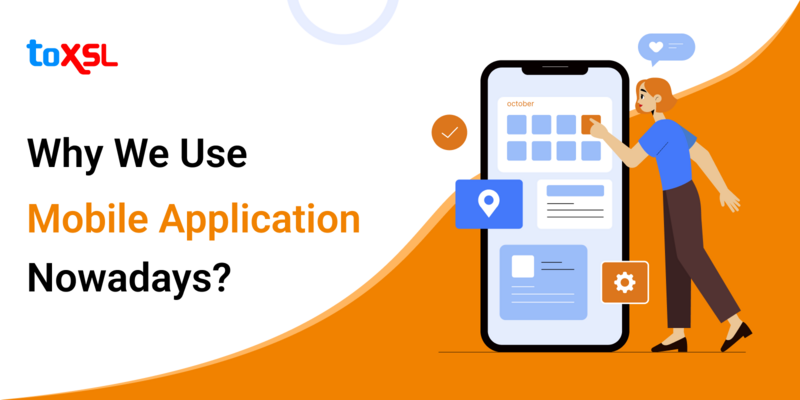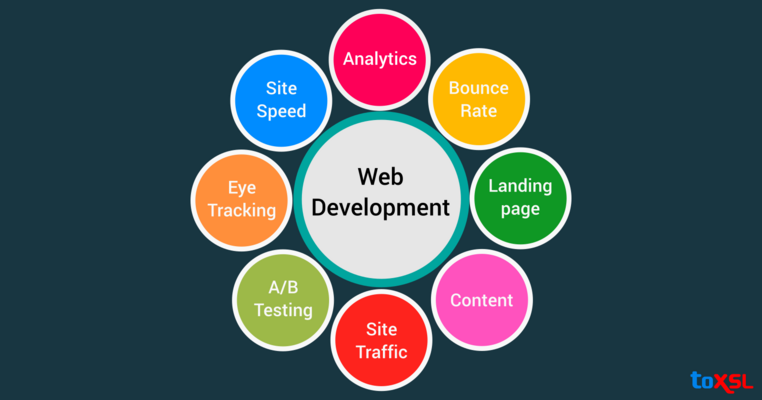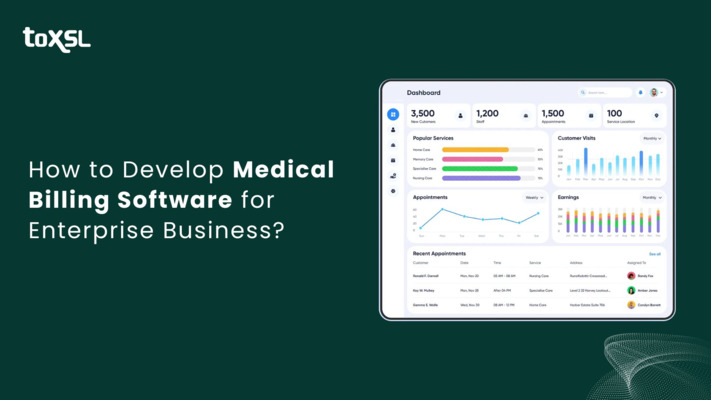
How do you start your day? In previous times people used to love reading the newspaper every day and stay updated with the latest headlines. But now as technology is so advanced newspapers are being replaced by applications and social media where anyone can check out the latest updates. As per Statista, the number of smartphone users in India is estimated to reach over 760 million in 2021, with the number of smartphone users worldwide forecasted to exceed 3.8 billion users in 2021.

Apps are Trending
Mobile applications are not only in demand among the users but are also reshaping the processes and operations for businesses. As the trend for applications enhances, let me clear not all the applications are created on the same platform or are created equally. Native, hybrid and web apps are the different trending platforms and if you are wondering whether you should take a route to hybrid or native apps this article would be quite useful to you.
A quick Overview of Native vs Hybrid Apps
When beginning to choose your solution for creating a mobile application, you might be faced with a wide range of options, but are unaware of what to choose and why?
If you are stuck on whether to develop an app in a native platform or hybrid, here is the comparison and the factors discussed what to follow when developing a new mobile application.
Difference between Native and Hybrid apps
What are Hybrid Apps?
The blend of native and web solutions constitutes the hybrid mobile app. These are essentially web apps, being put in a native app shell. Once you download these applications, the shell connects to the capabilities the mobile app offers through a browser that is embedded in the app. Using plugins, these apps have complete access to mobile device’s features. These are popular because of a reason i.e, it allows the developers to write the code for the mobile app once and fit it into different platforms.
Limitations of Hybrid Apps
-
Limited user Interface Hybrid apps don’t feel like native apps, and it does not have a seamless user interface.
-
Difficulty to exploit platform capacities Each platform has its unique capacities that a developer can’t explore. This further complicates the app development project.
-
It has a slower performance and transition between pages.
-
User experience may fall if the user interface isn’t well-designed for the browser the user is going to use.
What are Native Apps?
Native apps are the mobile apps that are particularly designed for a specific operating system-iOS or Android. Users can access the apps from the dedicated app store (App Store or Google Play). Platform-specific language is used to build the app. For example, Android App uses Java and iOS uses Object-C or Swift. Native apps are generally high on UX and offer many other benefits as compared to Hybrid Apps.
Benefits of Native Mobile App Development over Hybrid:
1. High Performance
Native apps generally perform better than hybrid apps. Along with high speed, it is much smoother and offers a more seamless user experience than hybrid apps. It has access to all the functionalities whether hardware or software on which it is installed, making it feel like an integrated part.
For eg: It can use a camera and microphones, contact lists as if they are already integrated into the device.
2. Native apps are Safer
Hybrid apps are protected on the system’s web browser security only, whereas the native apps have many layers of protection of the operating system. Therefore, opting for native apps ensures safety among the users and high-end data protection.
3. Performs Faster
As the native apps use devices with the inbuilt features it performs much faster and easier to work on. On the other hand hybrid apps add another layer between the user and the app making it slower. A native app is faster and is more reliable by its every design. As a user download the app the content, images, the structure is already on the phone available for instant loading and a seamless experience.

4. Fewer Bugs During Development
It is quite difficult to maintain two applications in a single codebase than the two applications in two codebases. So with the native app development, there are fewer chances of bugs to occur because it doesn’t depend on a cross-platform tool. Whereas hybrid apps access hardware through the bridge, that ultimately slowers the development process making the user frustrated.
The Bottom Line
Therefore, Native app development gives more control over the user experience allowing them to design apps for easy use. Some organizations are satisfied with their app performance. But in the competitive market satisfied enough is no solution. Apps have to be extraordinary.
Although the initial cost may be higher if you opt for native app development, you’ll end up saving a lot of time and money (and customers) in the long run.
Talk to us, if you have any app idea!














